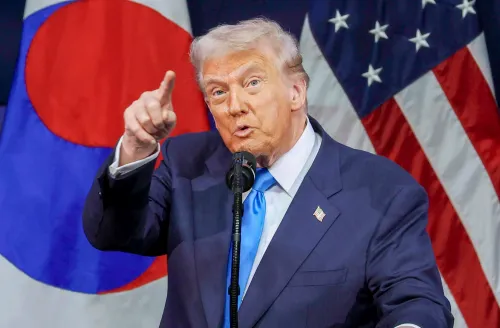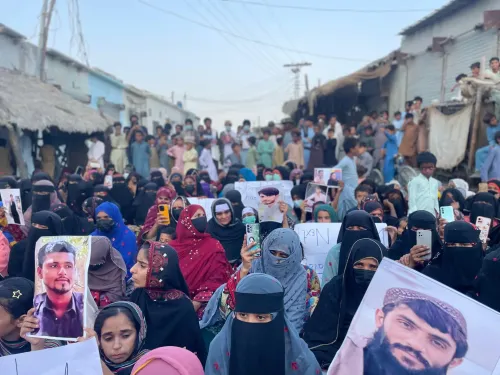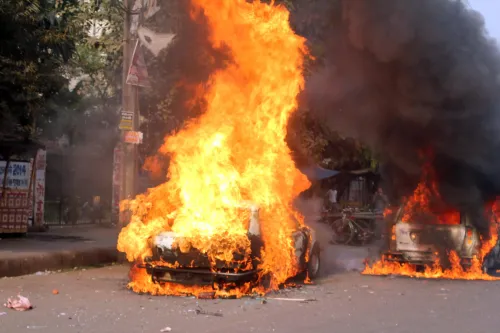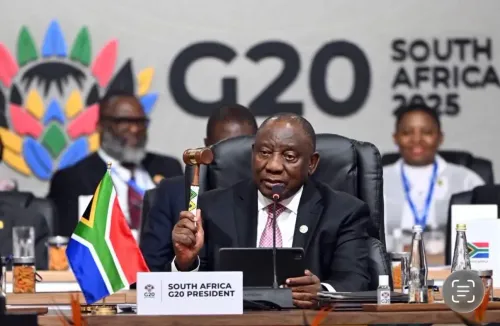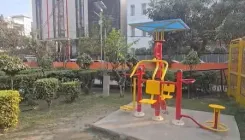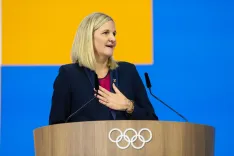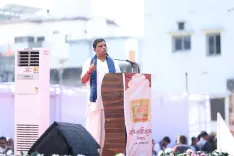Iranian Official Criticizes IAEA Chief's Comments on Nuclear Program
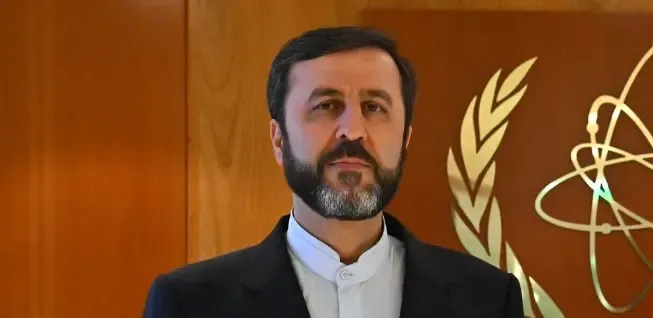
Tehran, Dec 13 (NationPress) A high-ranking Iranian official has criticized the Director General of the International Atomic Energy Agency (IAEA), Rafael Grossi, for his political statements concerning the potential for nuclear proliferation by Tehran.
Iran's Deputy Foreign Minister for Legal and International Affairs, Kazem Gharibabadi, voiced his concerns in a post on the social media platform X, reacting to Grossi's remarks at the Nobel Peace Prize Forum in Norway. Grossi had highlighted the dangers of escalating tensions between Israel and Iran, alongside their mutual exchanges of attacks.
Gharibabadi labeled Grossi's focus on Iran's nuclear proliferation potential as entirely unprofessional and politically motivated. He emphasized that the IAEA chief should avoid making comments based purely on speculation and possibilities, according to reports from Xinhua news agency.
The deputy minister reiterated Iran's commitment to its obligations under safeguards and stated that while the harsh sanctions imposed on the nation continue, Tehran would not accept IAEA inspections and monitoring that exceed its commitments.
He urged Grossi to report any observed deviations based on evidence rather than disseminating speculations through the media.
This statement follows a recent affirmation from both Iran and the IAEA about their commitment to maintain bilateral interactions and cooperation.
During a recent phone call, Iranian Foreign Minister Seyed Abbas Araghchi and IAEA Director General Rafael Grossi discussed the current state of collaboration under the safeguards agreement, as stated by the Iranian Foreign Ministry.
Araghchi expressed strong disapproval of the unconstructive actions taken by certain members of the IAEA Board of Governors in late November, which led to the passage of an anti-Iran resolution. He argued that these actions hindered Grossi's efforts to facilitate progress in resolving the safeguards issues between Iran and the agency.
While Araghchi affirmed Iran's readiness to respond decisively to such provocations, he also stressed the country's willingness to cooperate constructively with the agency within the established technical framework.
In response, the IAEA chief reiterated the agency's commitment to pursue serious interactions with Iran. He noted that he had engaged in consultations with other parties to lay the groundwork for resolving existing challenges.
On November 21, the IAEA Board of Governors adopted a resolution demanding that Iran urgently enhance its cooperation with the agency, requesting a comprehensive report to pressure Iran into renewed nuclear negotiations.
In reaction to this resolution, Iran announced the following day that it would activate a substantial number of new advanced centrifuges.
Iran had entered into the nuclear agreement known as the Joint Comprehensive Plan of Action (JCPOA) with several major powers in 2015, which imposed restrictions on Iran's nuclear activities in exchange for the lifting of sanctions.
However, the US, under then-President Donald Trump, unilaterally withdrew from this agreement in May 2018, reinstating sanctions and leading Iran to scale back some of its nuclear commitments.


